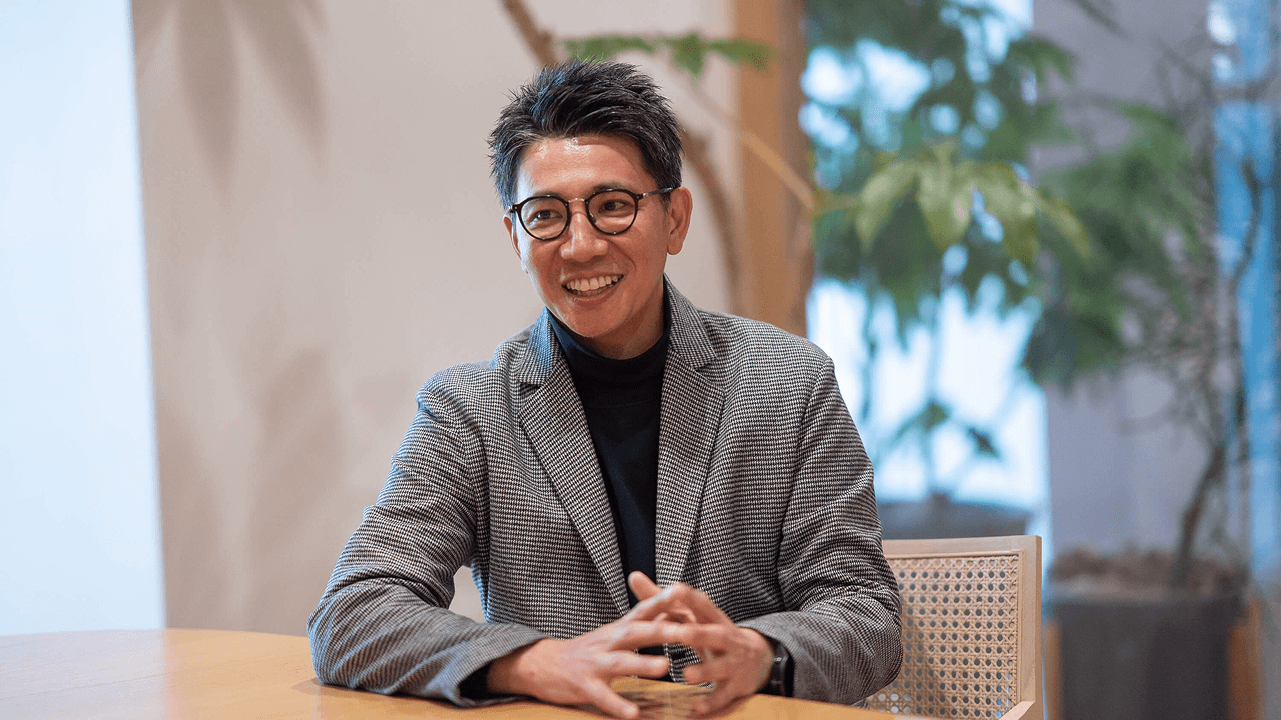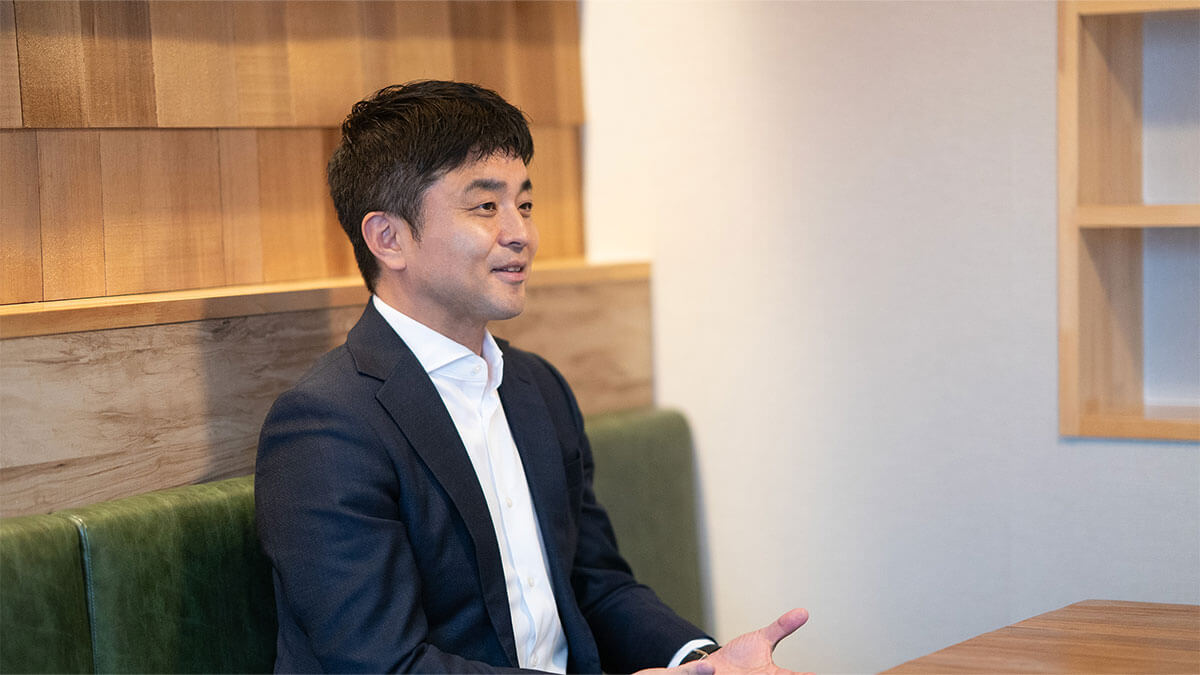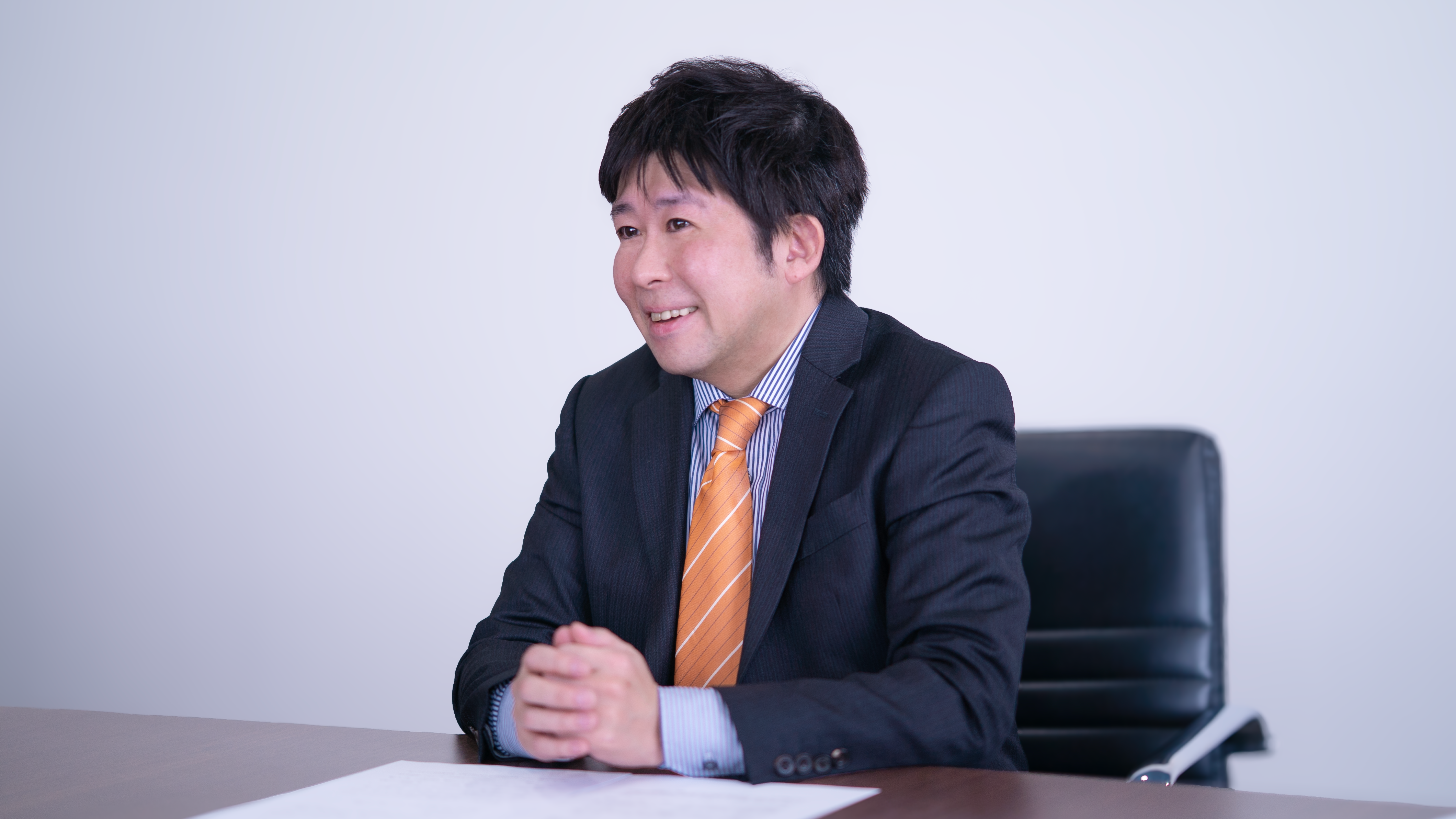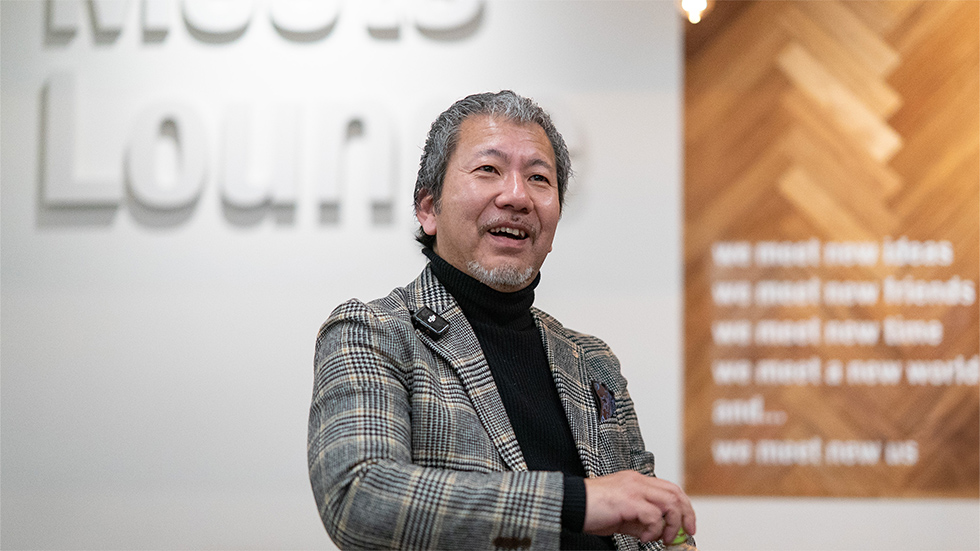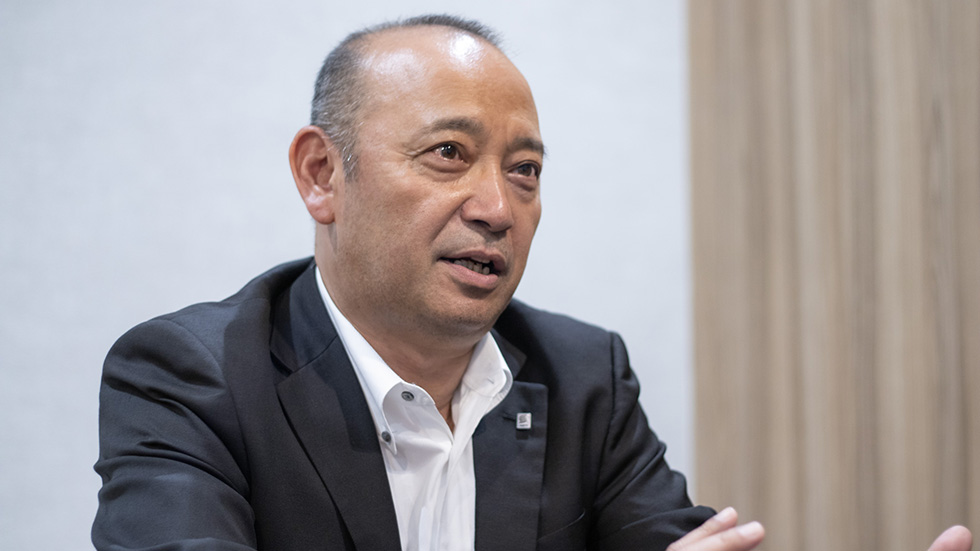2020.10.30
Special Dialogue Plan (Part 2): Interview with Mr. Miki, President of Tokyu Housing Lease, about efforts to promote digitization
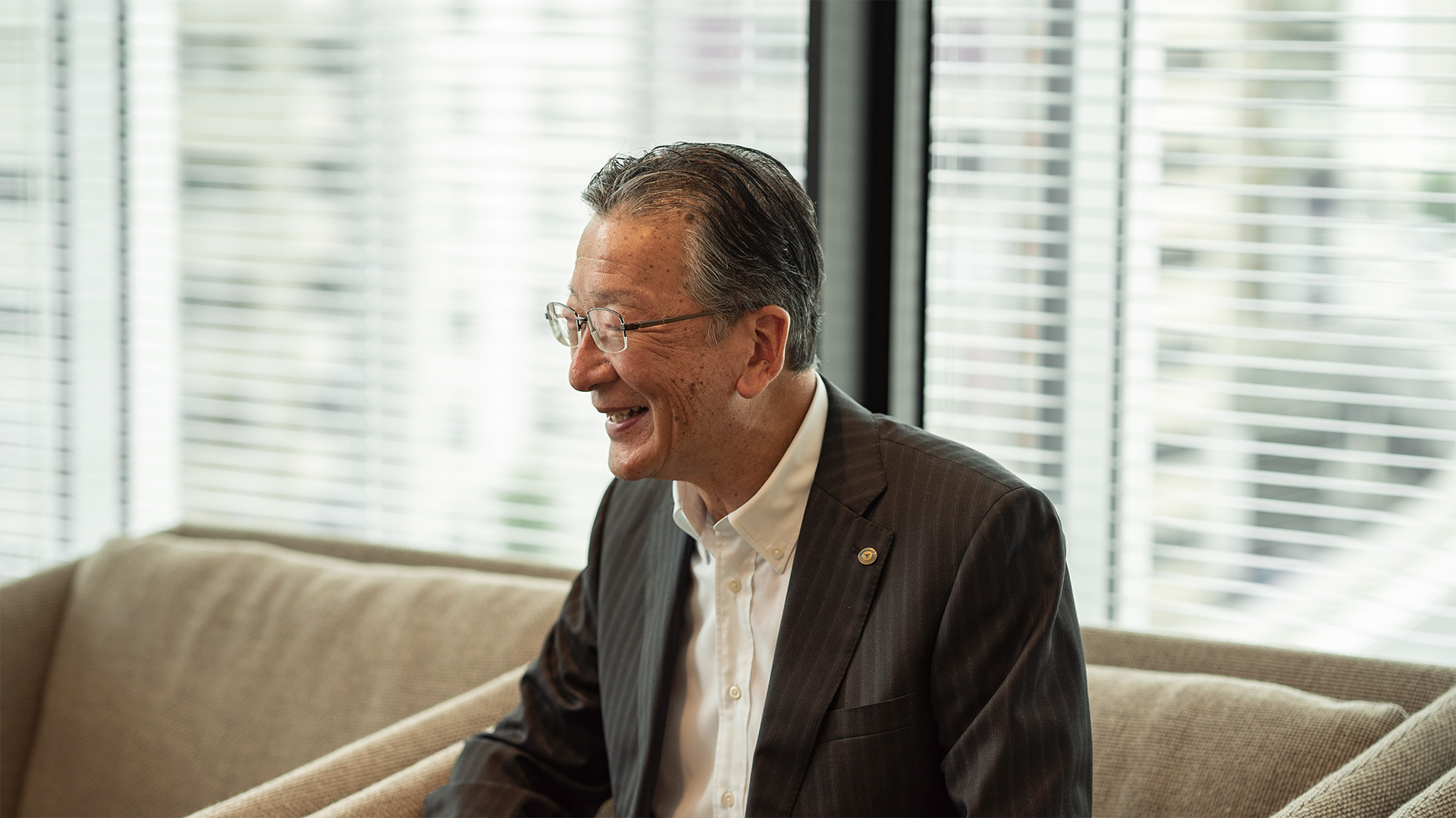
We have invited Mr. Miki, President and CEO of Tokyu Housing Lease Corporation, to join us for a special event in which he will talk to us about the real estate industry. In Part 2, we talked about the challenges of promoting digitalization at a property management company, the efforts to achieve this, organizational management in a changing social environment, and the company’s thoughts on employees. (Part 2 / 2 sessions)
Click here for the first part.
Guest Profile
Mr. Katsushi Miki, President of Tokyu Housing Lease Corporation
After graduating from Political Science and Economics at Waseda University in 1982, he joined Tokyu Land Corporation. He was transferred to Tokyu Livable in 1995. In 2002, he became general manager of the Kansai Branch Business Promotion Department of the company, and in 2004, general manager of the Business Planning Department of the Solution Division of the company. In 2012, he became Director, Managing Executive Officer, and General Manager of the Distribution Business Division of the company. In 2014, he was Director and Senior Executive Officer of the company; in 2018, he was Executive Vice President of the company. He was inducted as the president and CEO of Tokyu Housing Lease in April 2019.
TOC
On focusing on the substantive effects of digitization
– While we get the impression that Tokyu Housing Lease has been actively engaged in digitalization from an early stage, we understand that they may be facing some difficulties and troubles. How do you cope with the practical difficulties of digitization?
President Miki: For example, we have been focusing on developing new robots for RPA introduction, but before the benefits of increased operational efficiency could be achieved, there was a time consuming manual process in the preparation stage, and we found that there was not much difference in the level of difficulty in the field. What’s important is “how digitalization makes the field easier and more pleasant”. As well as promoting digitalization as a company policy, we believe it is important to focus on the practical effects of field operations. At present, we are using it while testing and maintaining the effectiveness of what we have developed so far.
When we try to introduce something that doesn’t exist now, there will inevitably be a certain degree of opposition. In the future, we will continue to have staff in charge of digitalization and systemic technologies in the department who are familiar with digitalization and systemic technologies talk with the field to understand the advantages and disadvantages before we go through the DX process.
– Policies on how to promote digitalization vary from company to company, but as a top executive, how do you promote it?
President Miki: I’m not the type of person who decides on details and proceeds in a top-down fashion.
Once we have established a major policy, we believe it is best to leave it up to those who have the knowledge and experience, or who are close to the field, to decide how to formulate it.
For example, there is a team called the Telework Promotion Project, which was established to essentially establish telework as an integral part of the company. We handed over all decisions to them and let them proceed with speed. We have about 30 members, all volunteers, regardless of position, who have raised their hands to participate. Since this is a trial, there may be times when things don’t work out, but I ask them to work on their own initiative, assuming that if they fail, I’m responsible for them.
– That is great. How do you gain the understanding and support of your employees for such a challenge?
President Miki: The reason we are working so hard on telework as a company is because we want to create a system that makes it easier for each employee to choose the way they want to work. This is not just a restriction on commuting, but rather a way to create a system that allows employees to continue working while balancing their own life circumstances, such as child-rearing and nursing care, by creating a solid environment for remote work. I believe that by communicating these thoughts to our employees, we were able to gain their support for this new project. As for the actual process of the project, it’s important that the employees themselves feel that it is beneficial to them, rather than the company deciding everything in detail and giving them instructions.
– I am impressed by the approach to building the organization we are seeking, where responsibility is taken by the top management and discretion is handed over to the field.
In the end, it’s still up to people to promote DX, isn’t it?
President Miki: That’s right. Some owners who live in Tokyo, who can come and go at any time, prefer to communicate in person rather than through digital tools (e.g., online conferencing systems).
Forcing a digital tool to completely ignore such a situation will lead to a world of self-indulgence. We believe it is important to create a digital flow while considering individual thoughts and feelings. Digitization is clearly going to be the thick trend of the future. Nevertheless, whether it’s an owner or a management company like ours, there are individual differences in awareness of digitalization. Rather than pushing digitization all at once, it is expected that the industry itself will shift to a phase in which technology will be adopted while increasing owner satisfaction and pursuing the benefits of each stakeholder, such as owners, management companies, and system vendors.
Balancing business retention and growth
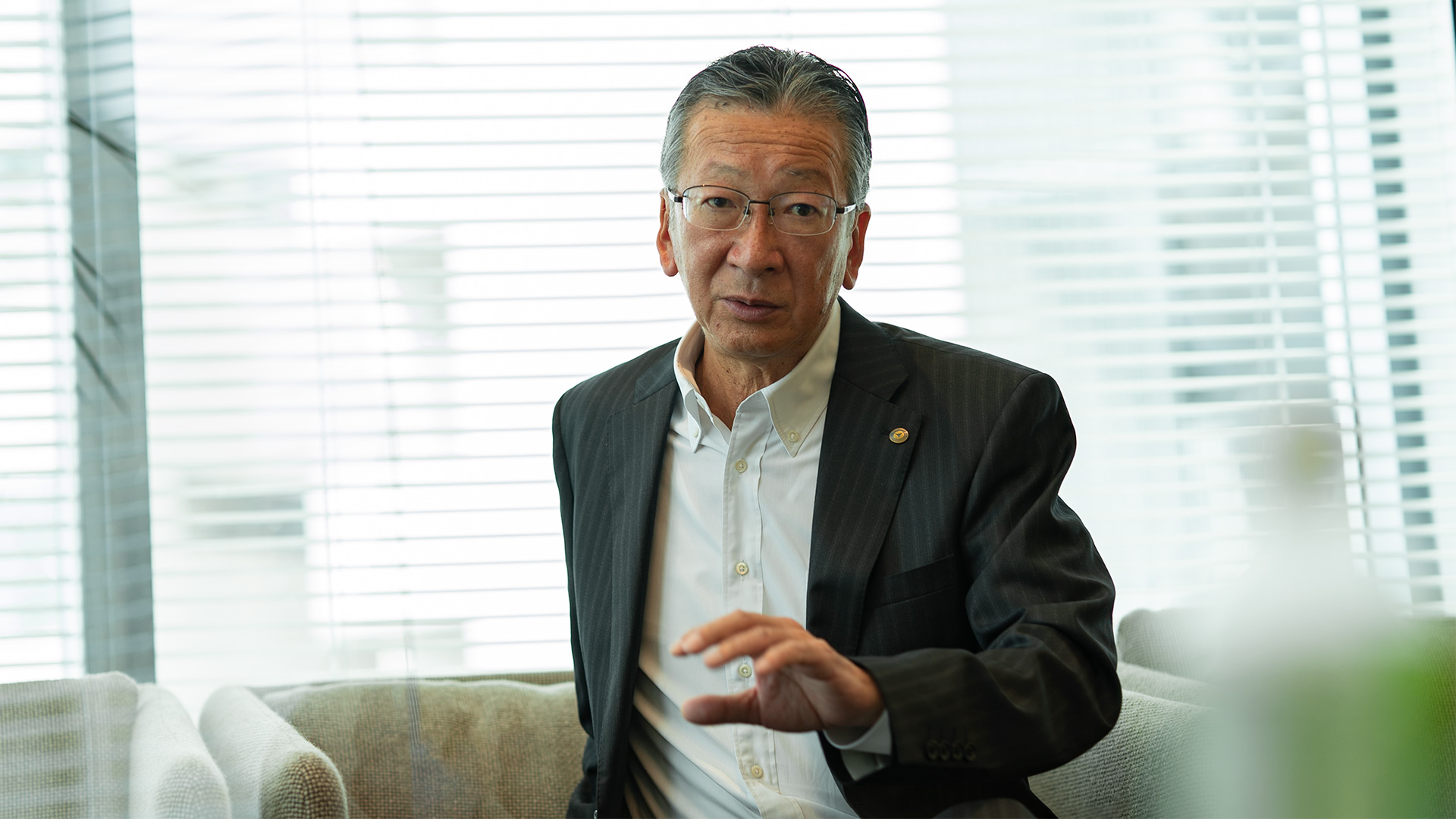
-I would be very interested to hear about your company’s prospects for the future. Could you tell us about the challenges and goals that Tokyu Housing Lease has in mind?
President Miki: There are three things for a company to do: the first is to increase the job satisfaction of its employees. I would like to create an environment, human relationships, and work that makes each person happy in this company. The second is the promotion of digitalization.
Through digitalization, we aim to increase efficiency and enhance our reputation in response to customer expectations. For our employees, we want to achieve digitalization on a large scale faster than anywhere else, and we want to increase pay, which is one of our key motivations, by achieving results. The third is to enhance the competitiveness of the business in a specific way to promote the business. We would like to further establish ourselves so that customers of all types can choose us.
– I understand that you aim to grow the business from three perspectives. Because of the nature of the rental management business, which is based on continuity and maintenance, there may be a difficulty in balancing the need to seek growth while maintaining a steady foundation for the business?
President Miki: We believe that we can both maintain and grow our business. The main starting point of our business growth is when we are entrusted with the management of new real estate (e.g., rental condominiums). In other words, it depends on whether we can present the benefits of entrusting Tokyu Housing Lease as a concrete fact to property owners. Even after we began managing the property, we asked ourselves whether our strategy for recruiting tenants was convincing, whether the repair work or other work caused any burden or anxiety to owners or tenants, and the speed and accuracy with which we responded to any issues that arose. Our customers’ satisfaction in choosing us is the result of our daily efforts, and we believe that our business can grow on that basis.
It is certainly difficult to change something with a strong sense of awareness in a business that is primarily repetitive. Because it’s difficult, it’s important to think in terms of how we can be aware of it and how we can change our behavior.
-In June of this year, the law was amended to recognize the rental management business as a licensed professional business (effective next year). What are your thoughts on what the industry should be in the midst of a move to have the legislative net hanging tightly over the business itself in a positive way?
President Miki: The registration system for sub-leasers and the key issues at the center of these legislative changes are an inevitable step in the right direction. We should aim to make each other happy through our work, not just because it’s good for us, and I think this legal change will ensure the level of trust in the industry itself. For us, we believe we have already met the required level, but even if we are asked to do something else, we will actively support it if it is in the best interest of our customers and the industry.
We want to help you develop a sense of pride in your work.
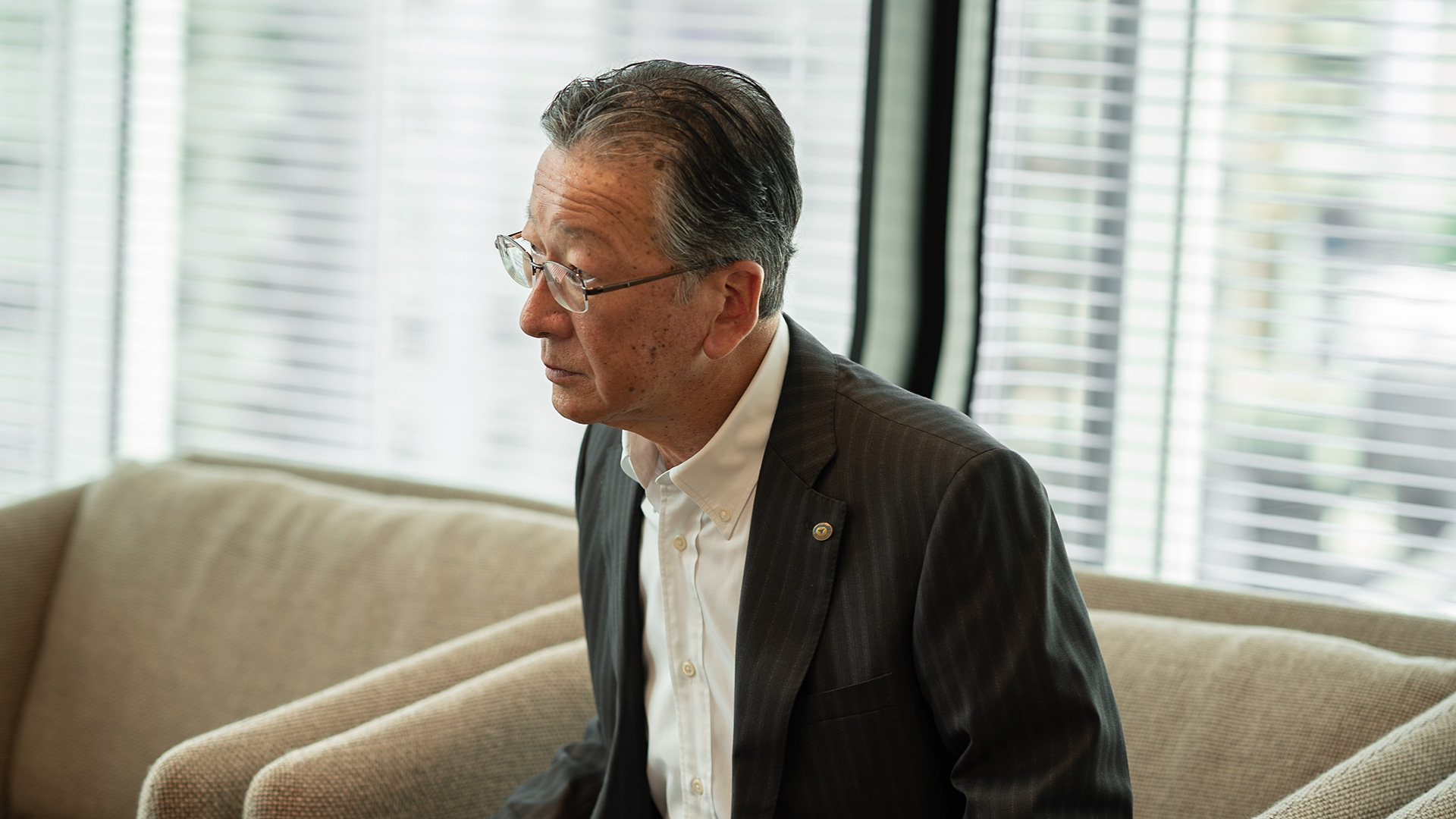
-While professional certification is a reflection of the growing social recognition, the real estate rental management industry is an area of practice that’s generally not easily spotlighted!
For example, regarding recruitment, what kind of approaches do you think are necessary to attract young talent?
President Miki: I believe that in order for new graduates who are entering the workforce for the first time to choose an industry or company, they need to have a certain level of understandable coolness and a track record of social contribution. Our work is sober and repetitive, but at the same time, we also take on the positive challenges I mentioned earlier.
I would like to present a concrete image of how the accumulation of such efforts will change the industry and society and lead to the happiness of yourself and those around you.
– It would be nice to have a company like yours leading the way in the real estate industry and rebranding your rental management business facing customers’ valuable assets.
President Miki: There are many different types of real estate industries including development, sales, and management. I hope to change the industry as a whole into an attractive one by providing a place where people who want to work steadily can challenge themselves. There are many technologies available today that we haven’t even thought of yet, but I think the time is coming when we can propose not only the benefits of these technologies, but also a comprehensive picture that appeals to the changes in our lives after they are introduced.
-That’s so exciting. Do you have a message for those who are in the field, like your company, who are engaged in real estate rental management?
President Miki: The rental management business is a job that, while rewarding on a day-to-day basis, is often subject to customer requests and it’s a profession where you’re often scolded in some cases. The work is huge and you may be overwhelmed by the tasks at hand. Of course, it is important to support each other on the job site, but I also think it is important for the company to create a system to improve the work environment and other aspects of the company, and to support employees in raising their pride in their work through this process. We will continue to work on a variety of internal and external initiatives to improve the industry as a whole.
Therefore, thank you for your continued support
– Thank you for your valuable time today.
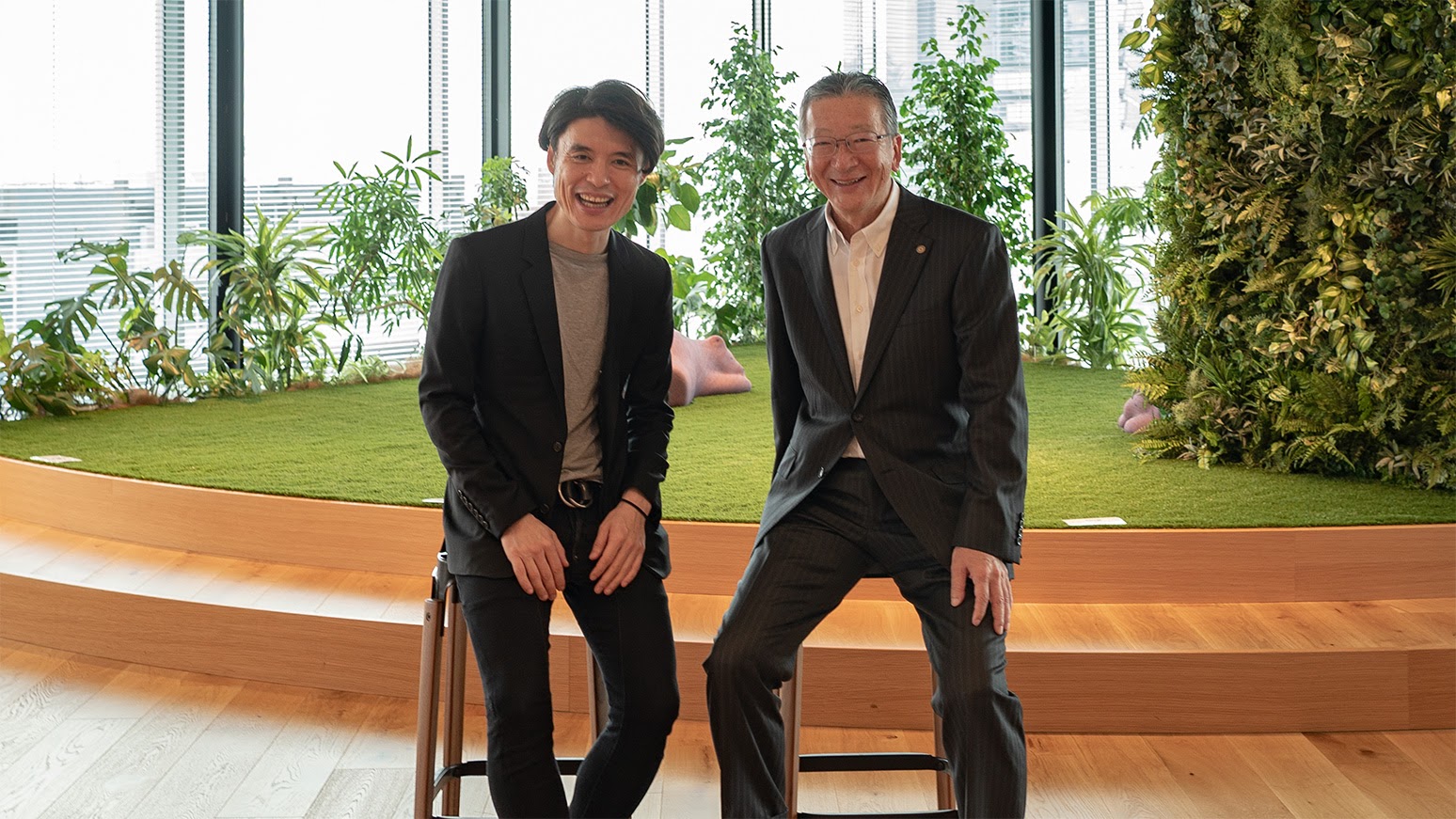
Interviewer: Ryuta Kawada, Founder & CEO 川田 隆太
Tokyu Housing Lease Corporation
The company’s main business is rental management and it also offers asset management services such as renovation, building management, and services for overseas investors.
Our brand tagline is “Realizing both our thoughts and assets”. Under this brand tagline, we are working to create services and products that are not bound by stereotypes while actively utilizing IT in collaboration with specialists and other industries.
Head office: 16F Shinjuku Monolith, 2-3-1 Nishi-Shinjuku, Shinjuku-ku, Tokyo
Representative: Katsushi Miki, Representative Director and CEO
Description of business: Real estate rental management and operation, services for overseas investors, building management services, renovation work services, and consulting services.
Website: https://www.tokyu-housing-lease.co.jp/
<Contact for inquiries regarding this matter>
Koshikawa: Public Relations Group, Corporate Planning Department, Management Strategy Division, Tokyu Housing Lease Corporation
Mail:pr@tokyu-hl.jp
Public Relations, WealthPark Corporation
Mail:pr@wealth-park.com
